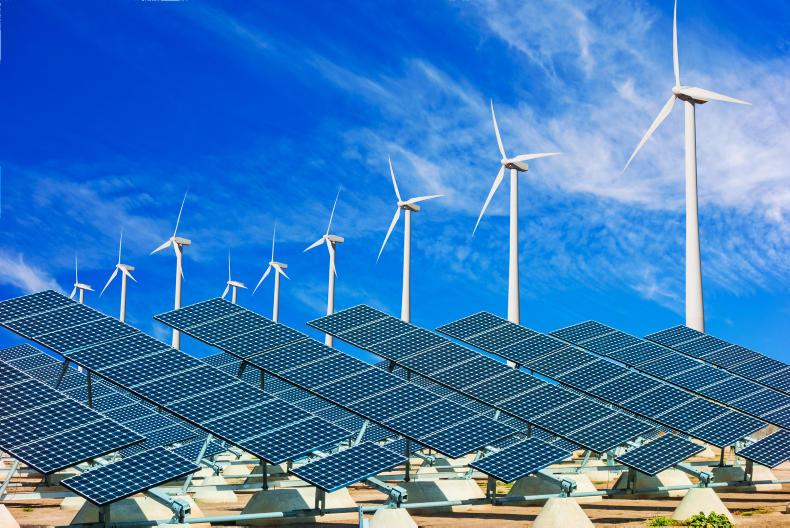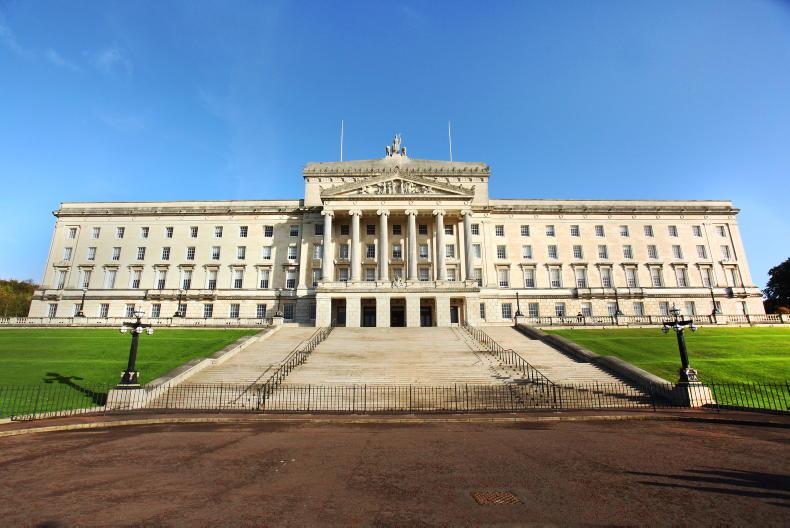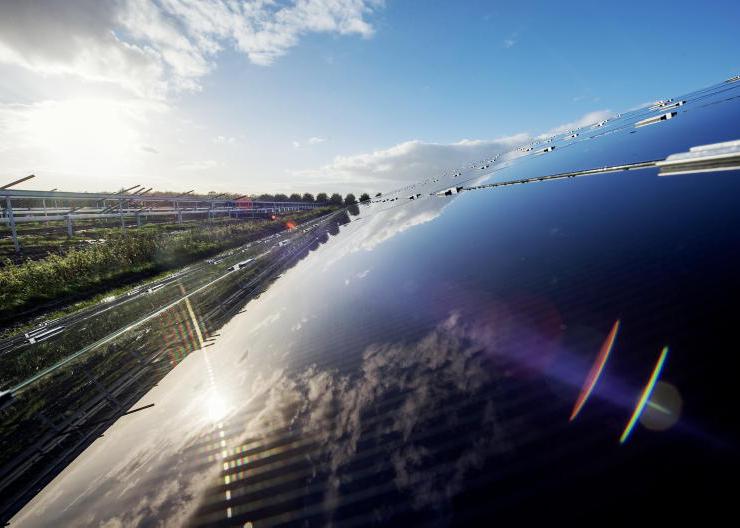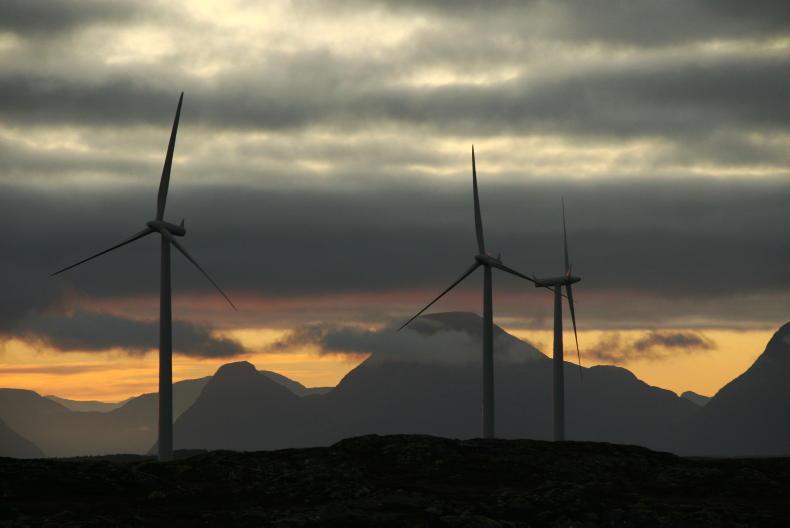Industry bodies representing the different technologies in the renewable energy sector have claimed that 70% of Ireland's electricity could come from renewables by 2030 at no extra cost to consumers, and offer opportunities to farmers.
At a joint press conference in Dublin this Wednesday, the heads of the wind, solar and bioenergy associations said they could help meet EU targets for Ireland's share of renewable energy if Government policy focused on moving away from fossil fuels.
Bill pay to pre-paid
"Burning fuel year after year in power stations is like a bill-pay phone," said Irish Wind Energy Association chief executive David Connolly. Instead, he suggested using a prepaid approach – subsidising heavier investment in renewable infrastructure upfront, and saving on regular fuel costs while reducing greenhouse gas emissions for many years afterwards.
Although the study by UK consultancy firm Baringa makes optimistic assumptions about the development of technologies such as heat pumps and electric cars, Marie Donnelly, the former head of the European Commission's renewable energy office, said the 70% objective could be achieved.
We need to remove obstacles for individuals and communities to become involved
She added that farmers and other citizens should be encouraged to take part in the transition towards renewables, with initiatives such as tariffs to buy electricity from solar panels on farm and domestic buildings.
Opposition to some technologies including onshore wind farms were raised at the event, but Donnelly said many wind farms have come on stream without opposition, while only those with problems made headlines.
The Government is due to publish its National Energy and Climate Plan by the end of this year. John Fitzgerald, chair of the Climate Change Advisory Council, said having a clear plan was a first step in taking action to meet Ireland's climate and renewable energy targets. "We're a laggard, not a leader, and it would take a decade before we get there," he warned.
See Farming in a climate of change in next week's Irish Farmers Journal for more.
Industry bodies representing the different technologies in the renewable energy sector have claimed that 70% of Ireland's electricity could come from renewables by 2030 at no extra cost to consumers, and offer opportunities to farmers.
At a joint press conference in Dublin this Wednesday, the heads of the wind, solar and bioenergy associations said they could help meet EU targets for Ireland's share of renewable energy if Government policy focused on moving away from fossil fuels.
Bill pay to pre-paid
"Burning fuel year after year in power stations is like a bill-pay phone," said Irish Wind Energy Association chief executive David Connolly. Instead, he suggested using a prepaid approach – subsidising heavier investment in renewable infrastructure upfront, and saving on regular fuel costs while reducing greenhouse gas emissions for many years afterwards.
Although the study by UK consultancy firm Baringa makes optimistic assumptions about the development of technologies such as heat pumps and electric cars, Marie Donnelly, the former head of the European Commission's renewable energy office, said the 70% objective could be achieved.
We need to remove obstacles for individuals and communities to become involved
She added that farmers and other citizens should be encouraged to take part in the transition towards renewables, with initiatives such as tariffs to buy electricity from solar panels on farm and domestic buildings.
Opposition to some technologies including onshore wind farms were raised at the event, but Donnelly said many wind farms have come on stream without opposition, while only those with problems made headlines.
The Government is due to publish its National Energy and Climate Plan by the end of this year. John Fitzgerald, chair of the Climate Change Advisory Council, said having a clear plan was a first step in taking action to meet Ireland's climate and renewable energy targets. "We're a laggard, not a leader, and it would take a decade before we get there," he warned.
See Farming in a climate of change in next week's Irish Farmers Journal for more. 









SHARING OPTIONS